
imPACT – April 2022
Message from the Chair
Welcome to first issue of imPACT for 2022 – the year we anticipate will mark the beginning of the end of the pandemic.
Health sciences research and implementation – from virology to vaccine technology, from drug development to registries and clinical trials, and of course to epidemiology, has formed the backbone of our pandemic response, ably supported by an agile and committed study coordinator and research workforce, ensuring that at this point we are not just looking at the end of the beginning. It is a timely reminder of the importance of research and clinical trials to the health of our communities. 
Against this backdrop, it is timely for us to consider what the CRE-PF, and our clinical trial network, can achieve in 2022 to improve prognosis and quality of life for people living with pulmonary fibrosis (PF). We certainly hope for a much less disrupted 2022 and move forward from a position of great strength in terms of the Australasian contribution to global PF trial participation, with Australian centres continuing to be among the best recruiters in the world. This is down to the ability of our study coordinators, and particularly our trial participants, to adapt rapidly to change.
Whilst the PACT team continues its efforts, and looks forward with great optimism to 2022, our thoughts remain very much with the proud people of Ukraine at this terrible time in their history.
Stay healthy and safe,
Professor Dan Chambers, PACT Chair
Message from the CRE-PF
In this issue of ImPACT, I am excited to highlight the work from our discovery science team at the CRE-PF. This team, based out of Western Australia and led by A/Prof Yuben Moodley, includes postdoctoral researchers Dr Dino Tan and Dr Britt Clynick, and PhD candidate Roger Li. In recent months, they have published some exciting findings.
The group’s research focus has been on investigating blood biomarkers that help identify progressive idiopathic PF (IPF) and the underlying disease mechanisms. Using three independent IPF cohorts including the Australian IPF Registry (AIPFR), Trent Lung Fibrosis (TLF; UK) and Prospective Observation of Fibrosis in the Lung Clinical Endpoints (PROFILE; UK), they have identified a panel of circulatory biomarkers which can provide potentially valuable clinical assistance in the prognosis of IPF patients (Clynick et al. Eur Respir J, 2021).

Using lipidomics and metabolomics technology, they were also the first to characterise abnormalities in lipid metabolism between IPF patients who progressed vs those who were stable (Nambiar et al. Respir Res, 2021) and between IPF patients vs patients with other chronic lung conditions (COPD; Nambiar et al. Proteomics Clin Appl, 2021).
The team’s novel research is ongoing, including work to investigate the science of early lung injury and fibrosis and PF progression. We look forward to seeing their innovative research continue, moving to benefit people living with PF, by improving the ability to predict disease progression, allowing a personalised approach to PF treatment.
Yours sincerely,
A/Prof Tamera Corte, CIA for CRE-PF
Breaking news: New PBS listing for Interstitial Lung Disease treatment
From May 1 2022 a Pharmaceutical Benefit Scheme (PBS) listing for the treatment of PF-ILDs will be available for Australians with chronic fibrosing ILDs. This treatment is the only anti-fibrotic indicated and reimbursed for this condition in Australia.
“PF-ILD severely impacts the quality of life of Australians living with this devastating disease. Having a treatment option available and reimbursed not only offers people living with this condition hope, but also their families and carers too.” – Mark Brooke, Lung Foundation Australia CEO.
The addition of this treatment onto the PBS is another fantastic step to improving access to life-changing treatments for Australians.
Read moreTrials update
With multiple potential breakthrough treatments in clinical development right now, it looks to be an exciting year for clinical trials in PF. Despite the ongoing challenges of the COVID pandemic, recruitment to clinical trials is accelerating, with new trials of oral, inhaled and intravenous agents hitting their enrolment targets earlier than expected. Australasia remains at the forefront of PF trials with eight currently recruiting trials listed through PACT and more coming on board later in the year.
It is exciting to note that in Australia, there are currently four national investigator led studies for patients with pulmonary fibrosis. The TELO-SCOPE (Attenuating Telomere Attrition with Danazol. Is there Scope to Dramatically Improve Health Outcomes for Adults and Children with Pulmonary Fibrosis?) and GRIPF (Genetic Research in Idiopathic Pulmonary Fibrosis) studies are genetic studies now active at multiple sites across Australia. These studies seek to provide new insight into the genetic origins of pulmonary fibrosis. TELO-SCOPE is a placebo-controlled study evaluating danazol in patients with PF related to short telomeres; whereas GRIPF is a familial genetic study, assessing the genetic profile of members from families with a history of pulmonary fibrosis, learning more about the contribution of genetic factors to development of diseases which result in lung scarring. 
The HIIT (High Intensity Interval Training in Fibrotic Interstitial Lung Disease) trial is investigating the efficacy of high intensity interval training compared to standard exercise training in the pulmonary rehabilitation stetting for patients with PF. Finally, the PFOX (Pulmonary Fibrosis Ambulatory Oxygen Trial) study investigates whether ambulatory oxygen, delivered using a portable concentrator, can improve physical activity and symptoms in people with PF.
Information about current trials is available on the Find a Trial page. If you are a patient interested in participating in a trial, we encourage you to talk to your treating healthcare team about getting a referral and finding out what is happening at the relevant trial centre.
Grants
The 2022 PACT Grant-in-Aid for Investigator Led Pulmonary Fibrosis Clinical Research is now open for applications, closing midnight 14th April 2022.
There is ONE (1) Grant-in-Aid opportunity valued at up to AUD30,000. Find out more or apply, here.
Other current grant opportunities relevant to PF clinical research and trials include:
- NHMRC Ideas Grants – Support innovative research projects addressing a specific question(s). Closing 4 May 2022.
- MRFF 2021 Clinical Trials Activity Grant Opportunity – Supports research relating to rare cancers, rare diseases and unmet need or effective health interventions. Closing 6 July 2022.
- MRFF 2021 Early to Mid-Career Researchers Grant Opportunity – Support Australian medical research and medical innovation projects in incubator, accelerator and targeted call for research streams. Closing 13 July 2022.
- MRFF 2021 Chronic Respiratory Conditions Grant Opportunity – Support research that (1) develops treatable trait-based precision medicine approaches or (2) clinically validates technology enabled approaches to medication and therapeutic adherence and self-management. Closing 13 July 2022.
- NHMRC Clinical Trials and Cohort Studies Grants – support high-quality clinical trials and cohort studies that address important gaps in knowledge, leading to relevant and implementable findings for the benefit of human health. Closing 24 August 2022.
Upcoming events of interest
TSANZSRS 2022
The TSANZSRS virtual annual scientific meeting was held from 31 March– 2 April 2022. Conference sessions are available to watch on-demand for 6 months, register to access here.
Health Professional webinars
The 2021 webinars of our PACT series for health professionals in collaboration with TSANZ and the CRE-PF are now available to watch on demand now. Stay tuned for information about upcoming 2022 webinars.
Virtual PF Research meetings
The CRE-PF CREATE Australasian Pulmonary Fibrosis Virtual Research Meetings promoting collaboration and discussion amongst researchers interested in pulmonary fibrosis are back for 2022. Contact Kate Christian on create@cre-pf.org.au to find out more about the program and how to join.

